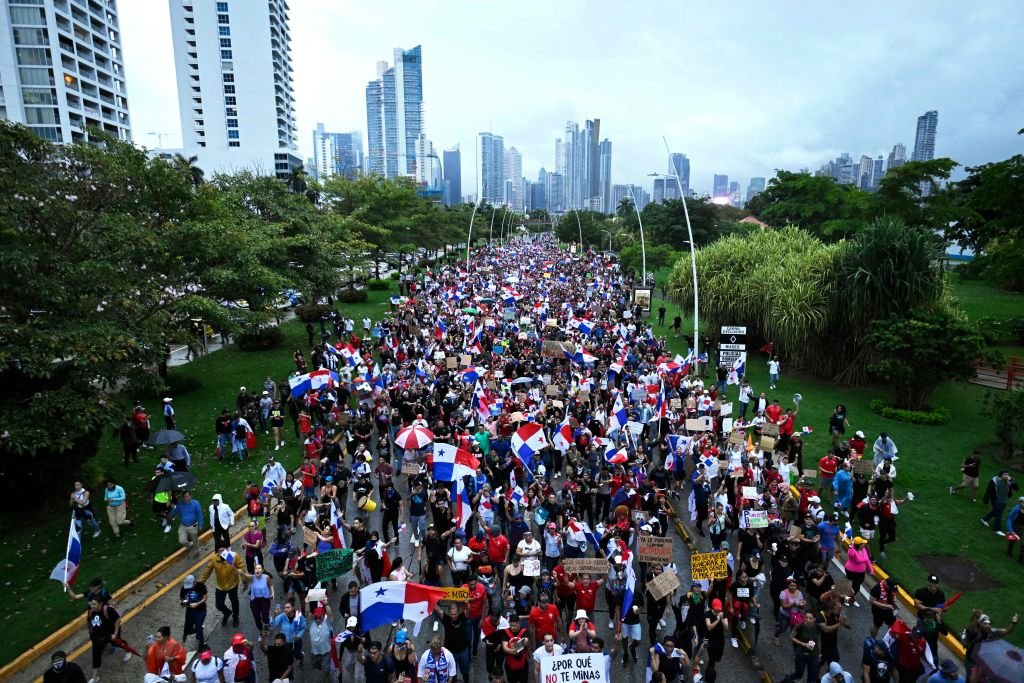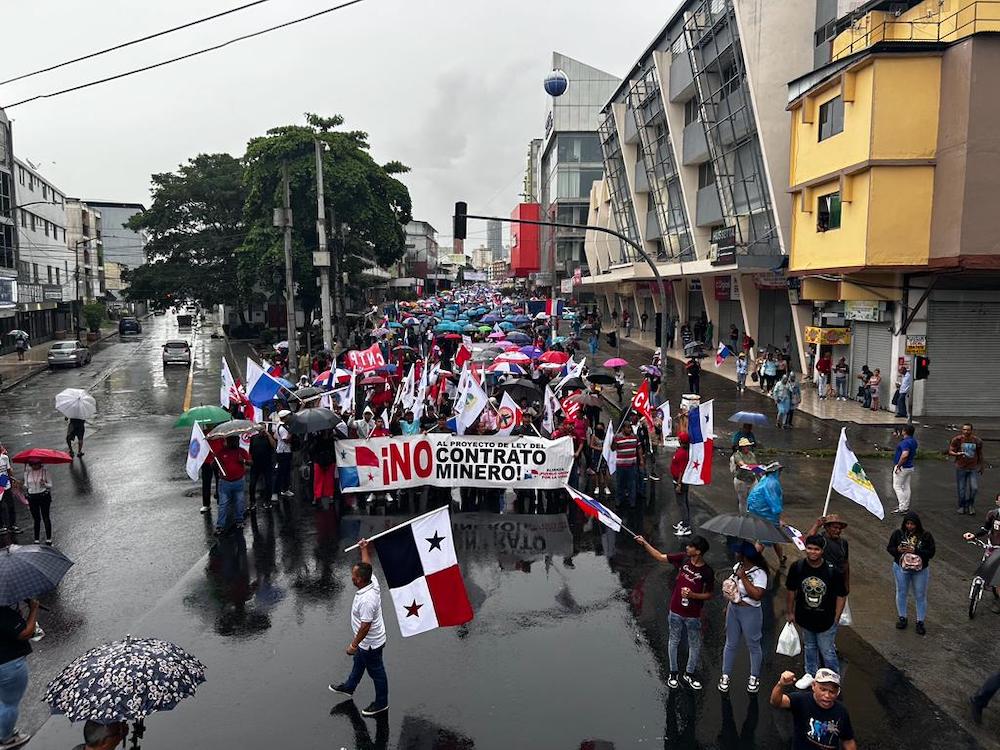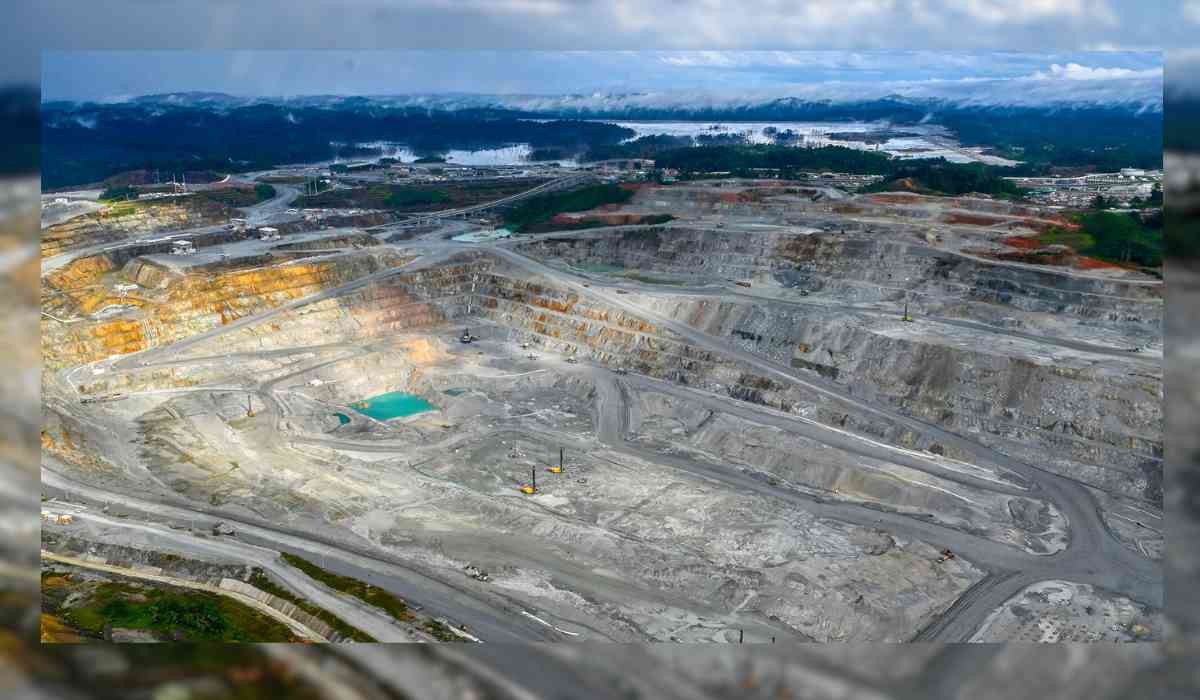In a noteworthy development, Panama's parliament has implemented a temporary suspension on new metal mining contracts in response to extensive protests against an agreement with a Canadian copper company. This event represents the most significant social unrest witnessed in Panama since the 1980s. The National Assembly has recently approved legislation that forbids the granting of any further mining permits for metal exploration or extraction.
President Laurentino Cortizo quickly approved the law in a timely manner. This decision follows two weeks of protests that inconvenienced traffic and led to shortages in stores. The protests began on October 20 in response to Congress's approval of a law granting Vancouver-based First Quantum Minerals a 20-year license to operate Central America's largest open pit copper mine, with the option of a two-decade extension.

A large number of protesters took to the streets, setting up blockades in the capital and other cities. They even caused disruption on the Pan-American highway, which connects Panama with the rest of Central America. Initially, their main concern was the environmental issues associated with the First Quantum mine. However, as time went on, the demonstrators expanded their demands to include a request for a suspension of all new mining contracts.
The ban, which has been approved for an unspecified duration, is currently being examined for its constitutionality by Panama's Supreme Court. However, it will temporarily pause the evaluation of 103 mining concessions and the renewal of 15 other existing contracts, as reported by Panama's CIAM environmental advocacy centre, an NGO.
_1699089707.jpg)
Activist Raisa Banfield expressed her appreciation for Friday's decision, considering it a significant accomplishment for a country that had previously heavily relied on mining. Despite the government's belief that the First Quantum contract would bring approximately $375 million per year to the state and create numerous job opportunities, protesters remained steadfast in their opposition. Consequently, the president proposed the idea of holding a referendum on the contract.
The proposal was declined by Panama's electoral tribunal, which would have supervised the plebiscite. As a result, the government and parliament have chosen to defer the final decision on the contract's validity to the Supreme Court. The timing of the court's ruling is currently uncertain.

First Quantum, a company that has invested over $10 billion in Panama, asserts that it contributes around five per cent to the country's GDP. Since its establishment in February 2019, the mine has been able to generate an annual production of approximately 300,000 tons of copper concentrate.
CIAM director Lilian Guevara highlighted the country's objection to both the contract and the detrimental nature of this unsustainable economic development, emphasizing the environmental concerns associated with the project in a small, ecologically diverse country that is particularly susceptible to climate change.
Image Credits: X
Ⓒ Copyright 2023. All Rights Reserved Powered by Vygr Media.
























